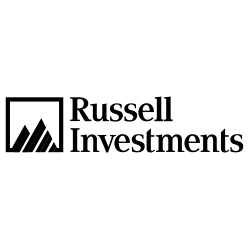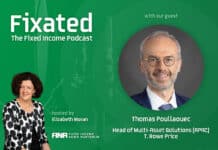About the RSM ETF
The Russell RSM ETF aims to provide investors with a total return in line with the DBIQ 0-5 year Australian Semi-Government Bond Index over the long term, before costs and tax. The RSM ETF was established in 2012. The DBIQ 0-5 years Australian Semi-Government Bond index is a fixed income index provided by Deutsche Bank and is designed to provide investors with diversified and investable exposure to the Australian Semi-Government Fixed income securities. The RSM ETF pays investors quarterly.
RSM ETF Performance Review
Year
3.17
Year
0.63
Year
0.27
Inception
2.85
Yield
3.05
Maturity
4.25
Data Current To: 31/01/2025
Our review of RSM ETF
Invests in semi government bonds issued by the states and territories of Australia
The ETF invests in fixed rate bonds and is exposed to interest rate risk
What we like about the RSM ETF
Long term fund with track record. Inception more than 10 years ago.
Things to be aware of about the RSM ETF
Low number of holdings mitigated by very high quality portfolio
Relatively high management fee of 0.26% as at 31 January 2025
No credit rating disclosure
RSM ETF Investment Strategy
The Fund seeks to track the performance of the DBIQ 0-5 year Australian SemiGovernment Bond Index by investing predominantly in Australian Semi-Government Fixed income securities. The index filters the largest and most liquid State Government securities and weights them equally upon reconstitution. Derivatives may also be used to a limited extent to obtain or reduce exposure to such securities.
What does the RSM ETF Invest In?
RSM is a Government Bond ETF.
The RSM ETF invests in Australian state government bonds. The RSM ETF invests in fixed rate bonds and is exposed to interest rate risk.
RSM ETF Credit Quality
RSM Frequently Asked Questions
What index does the RSM ETF aim to replicate?
How often does RSM ETF pay distributions?
When did the RSM ETF start?
What are the net assets of the RSM ETF?
What are the number of holdings in the RSM ETF?
What are the management fees for the RSM ETF?
How can I invest in the RSM ETF?
Does the RSM ETF have a minimum investment amount?
Are there any performance fees associated with the RSM ETF?
About The Issuer Of The RSM ETF: Russell Investments

Other Russell Investments ETFs
- Russell Investments RSM ETF (ASX:RSM)
- Russell Investments RCB ETF (ASX:RCB)
- Russell Investments RGB ETF (ASX:RGB)


























